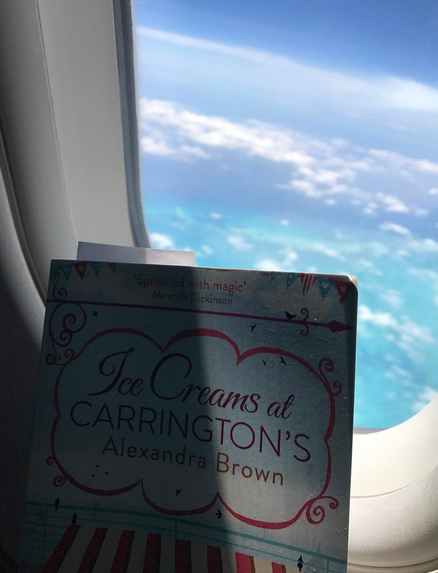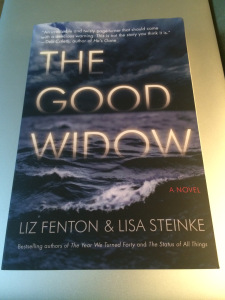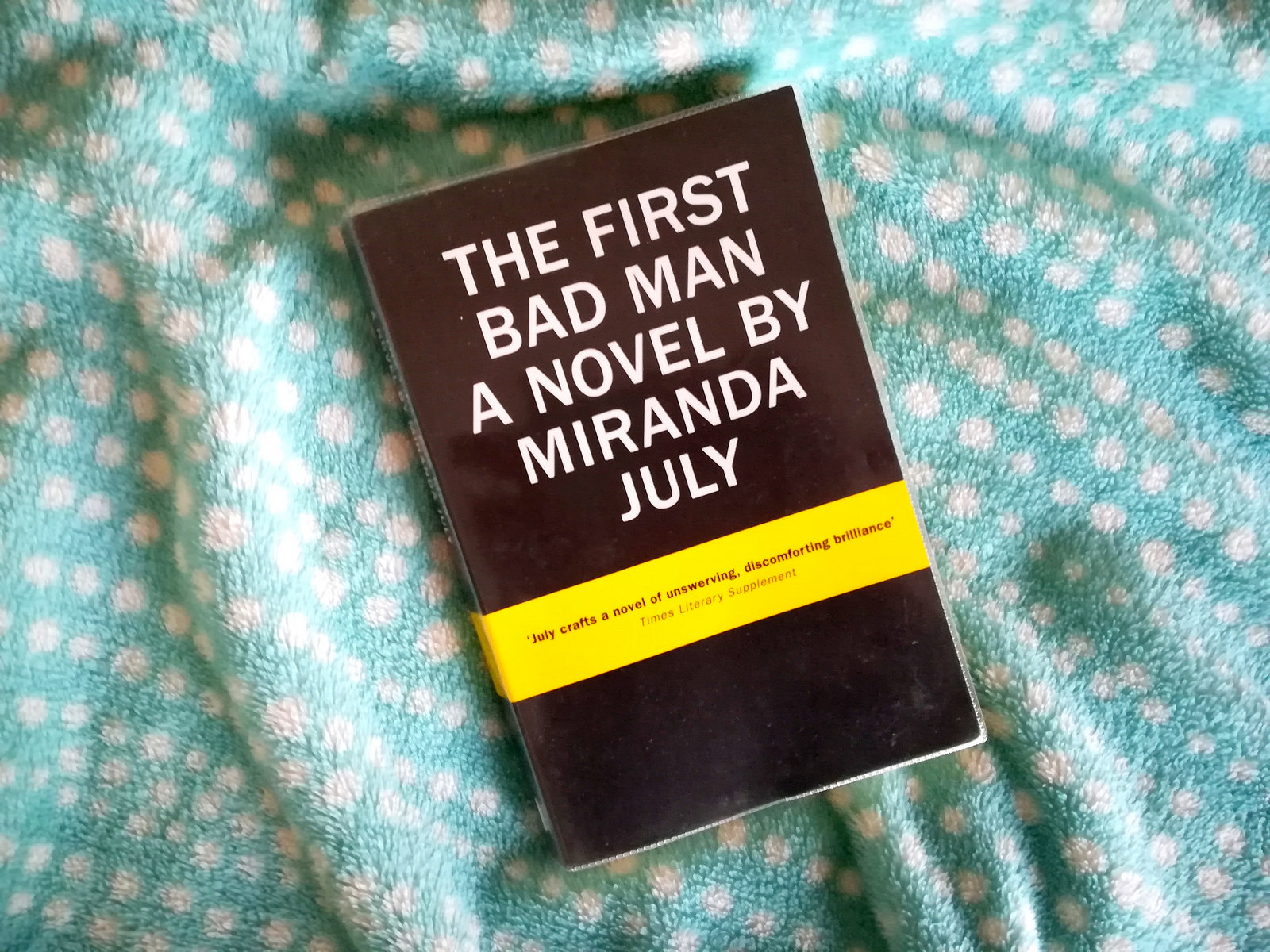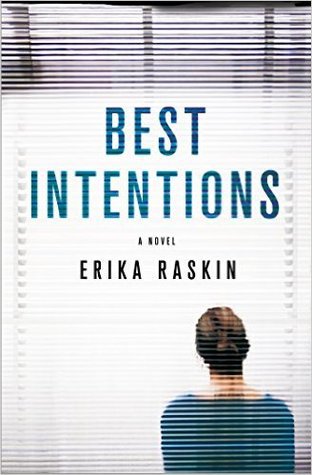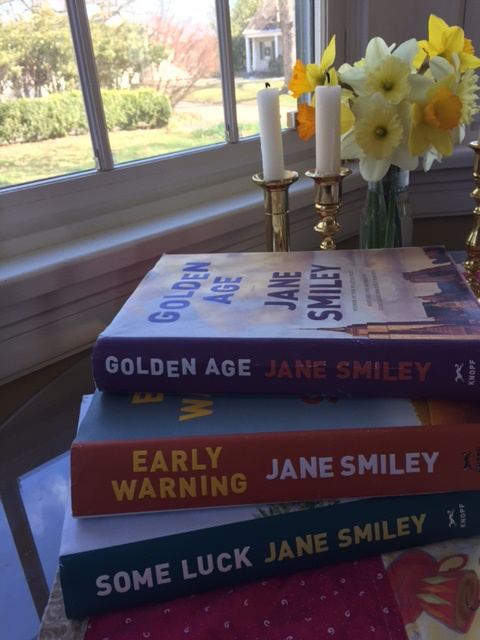
I grew up wondering about my grandparents, who were all dead before I was born. Grandmas, I observed longingly from watching the lives of my friends, were people who rewarded good grades with hugs and dollar bills and hot fudge sundaes. Grandpas tossed footballs in lazy backyard arcs, genially agreed to hold one end of the jump rope, picked kids up after school in their big old Grandpa-boat cars.
Kids spent weekends at the homes of their grandparents. There, they were allowed to watch the TV shows THEY wanted to watch. The grandma made cookies for them. Sometimes, the grandparents took kids out to a restaurant to eat.
If my grandparents were alive, I used to wonder, would I receive all of those wonderful bennies?
And what about the missing aunts and uncles? My father was one of fourteen siblings, my mother one of seven, yet we only saw a couple of our aunts and uncles on even an irregular basis.
Why? I asked my father, who turned glum and changed the subject.
Why? I asked my mother, who told me I was better off not knowing.
I believed, early on, that any family history was better than huge empty gaps in knowing. Later, I grew warier–perhaps it WAS best just to bury any questions and appreciate life in the present and anticipate the future.
Perhaps there was freedom in not having those family dictates, those expectations, to define me or to rebel against.
But still. I marveled at people who could rattle off their family histories, who talked about the yearly reunion at the lake, who could tell passed-down stories about funny things that happened to great grandma when she was walking to her one-room school house.
So reading Jane Smiley’s American trilogy–Some Luck, Early Warning, and Golden Age,–was a fascinating adventure.
********
Smiley starts us off with the marriage of Walter Langdon and Rosanna Vogel, in 1920’s Iowa, and she takes us, year by year, through one century of their family’s life. Time rolls relentlessly on; politics happen, progress happens, war happens,–famines and weather calamities befall; despots and dictators and charming, skillful leaders rule and let go of their power. Other faces emerge on national and international stages.
All of this, of course, affects the Langdons, but the American trilogy is very much a history told through the stories of the fictional characters who lived it.
We see farm life through the eyes of a baby who grows up living it. We see the yearnings of those who want to stay and farm, and those who can’t wait to shake off Iowa’s dust and hit the city. We see how hard it can be to parent, and we see how hard it can be to live under a parent’s strict rules.
We see young men go off to war, and we see young women fall in love and make momentous decisions in a ten-second span. We go from babyhood to adulthood with characters, and we age with Frank and Rosanna. We see love; we see settling. We see what happens to a bookish boy on a midwestern farm who discovers he yearns, not for the embrace of a woman, but for the love of other men.
We sneak behind the scenes in government intelligence agencies, 1960’s cults, and marriages of convenience and passion.
It is a fascinating study. Imagine being able to say, “In 1953, here’s what happened in my family.” Smiley creates that possibility for her fictional folks.
*************
This makes me curious about Smiley, so I look her up, and I read an article about her and the American trilogy, “A Family’s Century.” (https://www.nytimes.com/2014/10/07/books/jane-smileys-some-luck-is-the-first-in-a-trilogy.html?_r=0) It is dated 10/17/2014; it is in the New York Times; it is written by Charles McGrath; it coincides with the release of Some Luck, the first book. Smiley, McGrath notes, has, in typical fashion, already (at that point), written the other two volumes.
The article reports that Smiley went to college in Iowa in 1972, signing up for a master’s in medieval lit as a backdoor to enter the University of Iowa’s MFA in writing program. (This worked for her. Amazing to think that today’s Smiley, prolific, respected, and bearing the Pulitzer Prize, was ever rejected admission to any rank of writers.) She lived a thirty minute drive from the college, and she observed Iowa life as she drove back and forth from classes. The seeds of an American family saga were sown.
McGrath tells me, too, that Smiley admires Charles Dickens, and she is just as productive. She has written in a range of genres, McGrath notes, and each adventure into a different sort of writing yielded success.
Perhaps irrelevantly–but interestingly,–the article also discloses that Smiley is 6’2″, and has been married four times. Some Luck is dedicated to all of her husbands, including the current holder of that title.
*************
My family were never, in any of my knowledge, farmers. My forebears, it is said, sailed the oceans, marched in armies, worked in factories, landed in jail. Truth and rumor are hard to separate, but it is not hard, whatever the family history, to relate to Smiley’s characters, to the genesis of a family on a farm, and the endless possibilities of where the children, grandchildren, great-grandchildren, might end up.
Like my family, some of the Langdons fought–with each other, and in wars. Some looked at each other in wonder, unable to conceive of anyone making THOSE particular choices. Some were true, and some betrayed. Some took stupid risks and lived to tell the tale, and some died young. Some found great love, and some never stopped searching. A few gave up and simmered in bitter, lifelong disappointment.
***********
I read Smiley’s books in a half year arc, shoe-horning other tales, fiction and non-fiction, in-between, coming back when the need for a good story, a strong narrative, immersion into a compelling tale, reared its head. I finished Golden Age last month, finished it with regret that some loose-ends would never get resolved, that some sinners never repented, that I would never know the end stories of the children just launching in 2019. But despite the sadness and the failure of some to reach potential, the family story rang true–an American trilogy convincingly told, a story of the American dream achieved and maintained.
When I closed the book, the word ‘triumph’ was firmly in my mind.
Advertisements Share this: